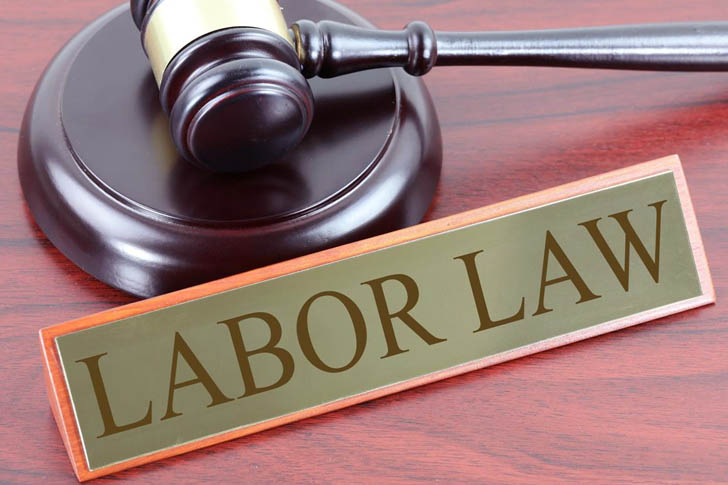ESSENTIAL GOVERNMENT REGULATIONS EVERY BUSINESS OWNERS MUST KNOW
Learning the trade behind the craft of any business will help owners achieve better chances with their ventures, and this is especially true when it comes to understanding all the essential government regulations in motion. After all, business owners want a successful business under their name, and that’s the main point behind their investments in the first place.
Various regulations significantly affect our business, and others would ultimately turn our heads around. We know these things can be daunting to some, but we’re here to help you out. With that said, let’s take a more in-depth look at the regulations every business owner must know.
MAJOR REGULATIONS AND OUR BUSINESS

Law is a vast thing to cover, and we know how tedious it can be to many aspiring business owners. On the other hand, not understanding or missing out key details about any Federal business law can have a lasting effect on our investments.
The only thing certain is that we need to comply and understand how things work, and our venture will sail smoothly in the eyes of the law. Depending on the nature of our business, we might need to place significant importance and attention on some of the pointers, but that wouldn’t change the fact that we still need full compliance with these regulations.
TAX CODE

No matter what the industry we run into, there’s actually no way around one specific regulation that we always need to keep in mind, and that’s taxes. Almost all business lawyers will first look at the state and federal taxes associated with the kind of business that we are running. And bracing ourselves with these kinds of regulations will not only help us understand how things work, but we will also avoid any potential jail time and hefty penalties from not dealing with taxes properly.
Law-makers know that not all businesses are created equally, and the type of ownership will have a significant role in how much taxes our company had to pay. The following are the general terms that we need to keep in mind.
●Income Tax – We don’t need any degree in business and finance to understand that all businesses need to file an income tax for all the services we offer. At the end of the fiscal year, owners then file a tax return, which is also part of our responsibility as an entrepreneur.
●Estimated Tax – Estimated taxes are offered as an alternative option of paying income taxes. Just like the name implies, owners can opt for this option if they are expecting a tax sum of $1,000 or above.
●Employment Taxes – Social Security, Medicare taxes, federal income tax withholding, and even federal unemployment tax are all within the sphere of employment taxes.
●Excise Taxes – Gas, petroleum, and other specific goods often have taxes embodied in the price of the products per unit itself rather than the total cost of the product itself. There are only specific products that fit under this regulation, so we have to keep in contact with our business lawyers or do research on our own if our goods are subject to excise taxes.
EMPLOYMENT AND LABOR LAW

Employees of our businesses are often referred to as the front liners of our trades, and we need to keep in mind that certain laws and regulations protect the rights of our employers. The same can be said about our business from our employers, and that’s why understanding the laws that govern these aspects are essential not only for our business but also for our employees.
We have to keep in mind some of the major laws and government agencies that run the stage, such as:
●Fair Labor Standards Act (FLSA) – It describes the standards for any wages and overtime pay of both private and public employees.
●OSH Act – A summary of regulations that promotes a healthy and safe work environment from any serious hazards.
●Equal Employment Opportunity Commission (EEOC) – Regulates hiring practices that promote and mandate fair opportunities across every employee in our company. We have to take note that our business should have at least 15 employees before they fall under the rule of the EEOC.
●The Family and Medical Leave Act – provides insurance for any employees that grants them a safe window of up to 12 weeks or more of unpaid leave on certain instances such as giving birth, adoption, or major illness of a family member.
There are other regulations that we need to keep in mind, but with these, we will have the basic tools that we need to keep our businesses running without any harm of going over the law. Of course, we still need to coordinate with any business lawyers if we want a full understanding of how to navigate our way in the safe zones properly.
Based on Materials from Fundera
